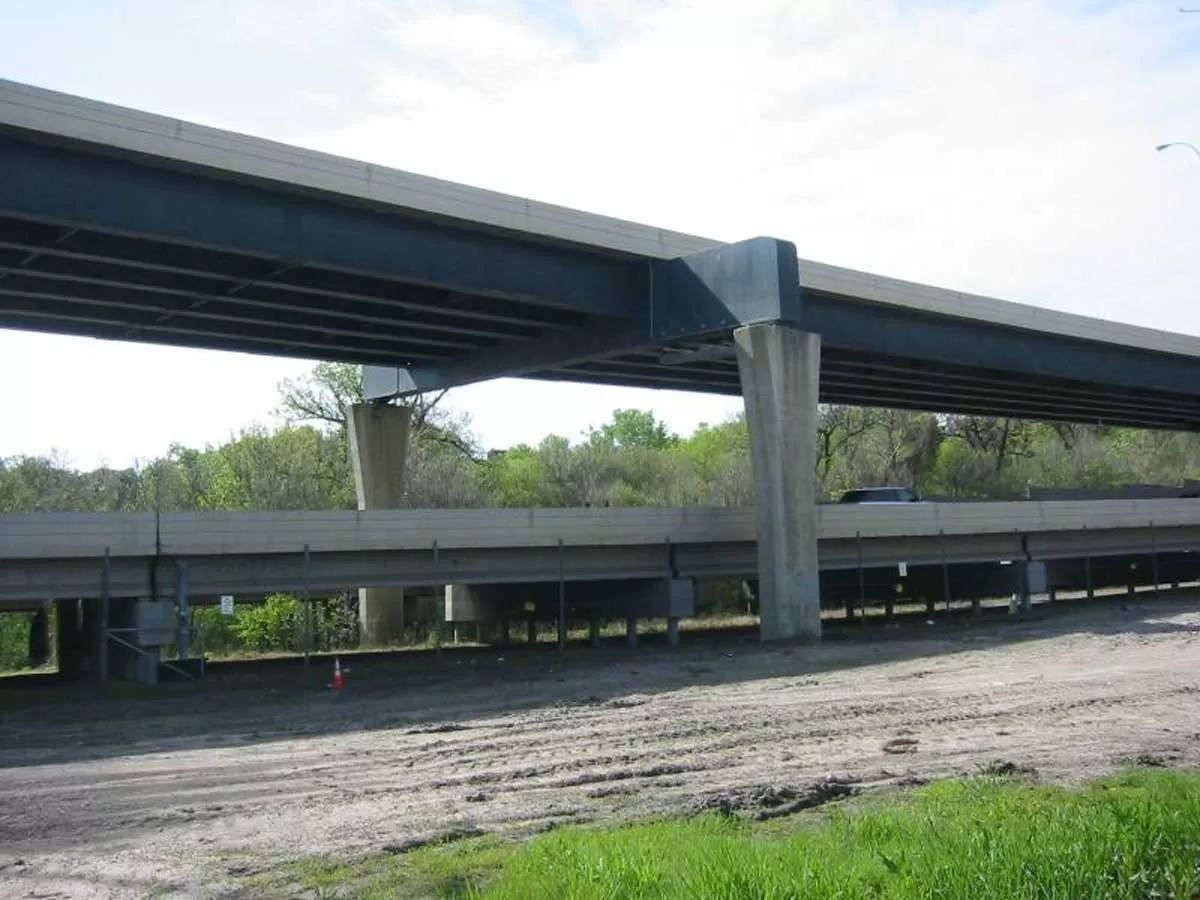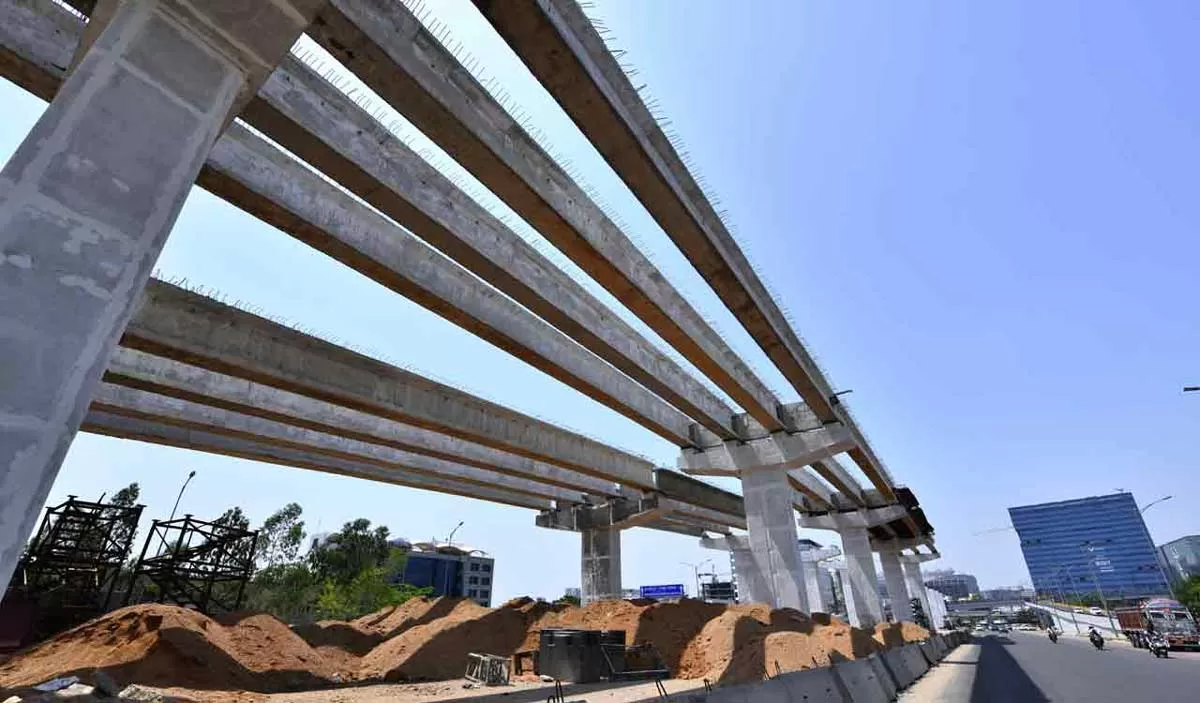North India Loses 450 Cubic Km of Groundwater in 2 Decades: Study

NF Railway Launches Girder on World’s Tallest Pier Bridge in Manipur
The Northeast Frontier Railway (NFR) has reached a significant engineering milestone by successfully completing the girder launch on the iconic Noney Bridge in Manipur.Regarded as an engineering marvel, the Noney Bridge is recognized as the world’s tallest railway pier bridge. It forms a crucial part of the 111 km long Jiribam-Imphal railway line project.Recently, the final span of the bridge was successfully erected, marking the completion of all eight spans of this monumental infrastructure venture.Kapinjal Kishore Sharma, Chief Public Relations Officer of NFR, stated that this accomplishm..

Cube Highways Trust Reports Rs 34.53 Bn Total Income in FY25
Cube Highways Trust (Cube InvIT), managed by Cube Highways Fund Advisors, concluded its second financial year post-listing on a strong note by reporting a total consolidated income of Rs 34.53 billion for the financial year 2025, marking a 12.3 percent year-on-year (YoY) increase.According to the official media release, Cube InvIT posted a consolidated earnings before interest, tax, depreciation, and amortisation (EBITDA) of Rs 2,380 crore, reflecting a 21.7 percent YoY growth. During the year, traffic volumes increased by 6.2 percent, while the Asset Under Management (AUM) grew 25 percent to ..

New Flyover to Ease Traffic on Hyderabad’s Busiest Road
To improve urban connectivity and reduce traffic congestion in the city, the Greater Hyderabad Municipal Corporation (GHMC) will undertake the construction of a two-lane unidirectional flyover at NFCL Junction in Banjara Hills, along with a two-lane unidirectional underpass and a three-lane unidirectional flyover at TV9 Junction, as part of the state government’s prestigious Hyderabad City Innovative and Transformative Infrastructure (H-CITI) programme.The NFCL Junction flyover will be a two-lane unidirectional structure extending from Banjara Hills Road No. 3 towards GVK Mall. It is planned..















